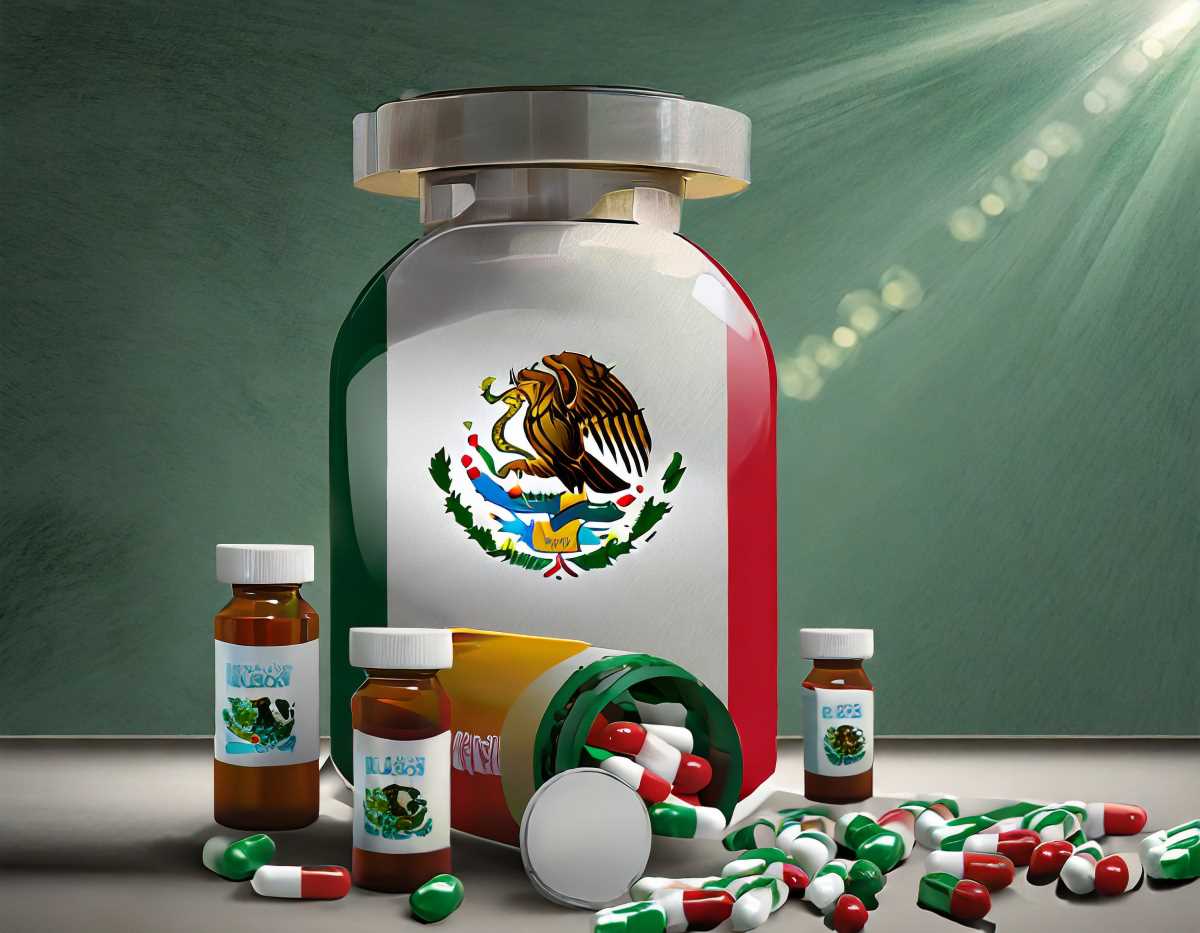The Silent Tsunami of Antibiotic Resistance Epidemic in Mexico
Mexico faces a silent epidemic with 95% of 50 million yearly antibiotic prescriptions deemed unnecessary, fueling a global health threat. Urgent intervention is crucial to combat antibiotic resistance and safeguard the progress made in the fight against infections.

In Mexico, the fight against respiratory tract infections has inadvertently spawned a silent epidemic—antibiotic resistance. With a staggering 50 million prescriptions annually, a whopping 95 percent of these antibiotics are deemed unnecessary, leading to a dire scenario outlined by Samuel Ponce de León Rosales, coordinator of the University Program for Research on Epidemiological and Emerging Risks (PUIREE). In a recent press conference, he underscored the gravity of the situation, labeling it a “silent tsunami” that demands assertive intervention.
Ponce de León highlighted the global impact of Antibiotic Resistance (AMR), citing projections by the World Health Organization and the World Bank. By 2050, an estimated 50 million deaths worldwide could result from infections resistant to antibiotics, painting a grim picture of a future if immediate actions aren't taken.




